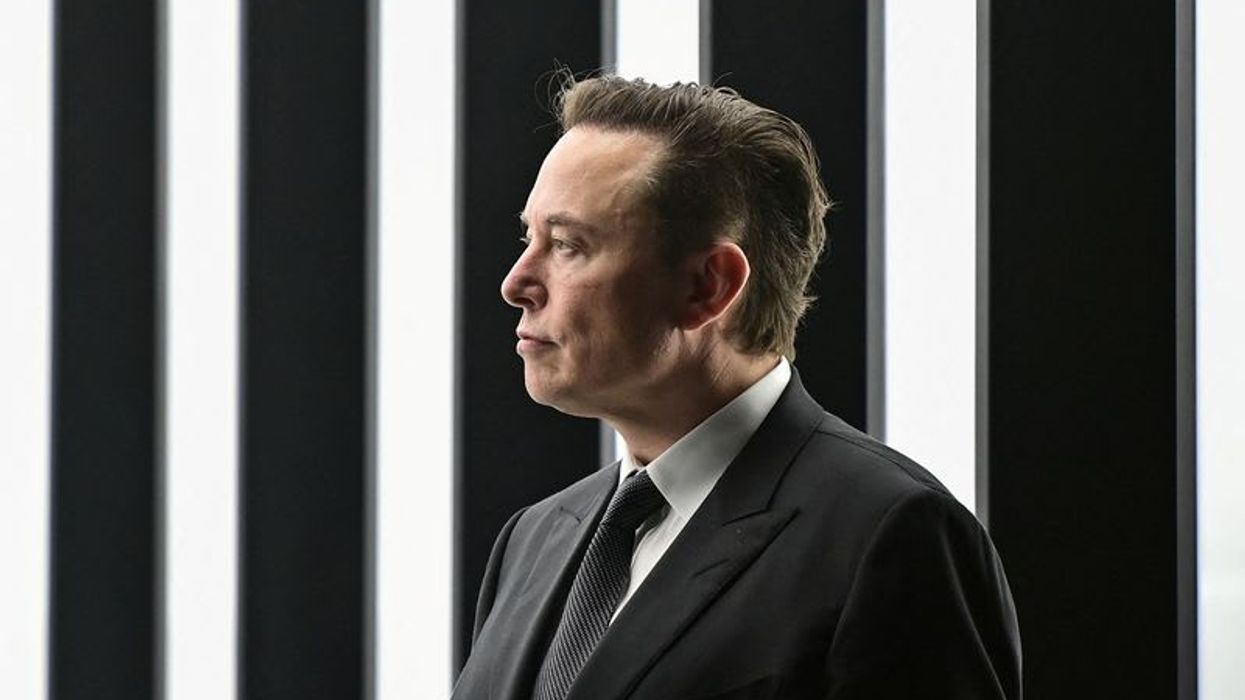If Musk Is Really Worried By Deficits, He Should Back Democrats
Elon Musk warned that if Republicans passed their big domestic policy bill, he would form a new "America Party" to primary those who voted for it. He doesn't need a new party. He has his old one, the Democrats.
Many Democrats have grown to intensely dislike Musk, and they have their reasons. His prancing around with a chainsaw as he gleefully fired thousands of valued federal employees was ugly. But his most damaging act was spending nearly $300 million to get Donald Trump reelected.
As it happens, the right doesn't like Musk, either. Trump's serial abuse of him is something to behold. When Musk opposed his "big beautiful" bill, Trump let loose on Truth Social. "Without subsidies, Elon would probably have to close up shop and head back to South Africa," Trump bellowed. "No more Rocket launches, Satellites, or Electric Car Production ... BIG MONEY TO BE SAVED!!!"
Look, Musk is a weird guy. He's been a genius at building new companies, making him the richest person on earth. But his understanding of human behavior is sketchy, especially with a personality as diabolical as Trump's. By putting Musk at the head of DOGE, Trump made him the fall guy for unpopular budget cuts.
A longtime Democrat, Musk was turned off by the woke thing. It's true that Democrats let some activists' obsession with transgender issues and use of pronouns get out of hand. The reality is that most Democrats are moderate.
If Musk wants to exert power in primary races, he'd have more impact in Democratic primaries. Removing fringe leftists from the national stage would do a world of good for Democrats, helping the party regain control of Congress. In sum, Musk could use his smarts, money and control of X to support the Democratic mainstream.
Trump has argued that Musk is angry because the bill ends federal subsidies for electric vehicles. Why the man who built up Tesla went over to the anti-EV side mystifies to this day. But Trump was correct in noting that "Elon Musk knew, long before he so strongly Endorsed me for President, that I was strongly against the EV Mandate."
Fact check time: There is no EV mandate, never was. The subsidy was to encourage people to buy EVs. No one had to. It was also to help domestic automakers compete in a world that is rapidly moving to electric vehicles.
Musk's association with Trump has trashed Tesla sales in this country and in Europe. A reconnection with the worldwide campaign for green energy could make Teslas cool again. In any case, a return to the environmental fold — which the eccentric Musk could pull off — would become a spectacular turnaround.
Musk's description of the massive bill as "the biggest debt increase in history" is accurate. It's odd how little Americans recognize that Democrats have been better at controlling deficits and growing the economy than Republicans.
Democrat Bill Clinton was the only president to balance the budget in over half a century. Republican George W. Bush ran through the surpluses, leaving Barack Obama with the Great Recession and a deficit of nearly $2 trillion. (This and the numbers that follow are in today's dollars.) By his last year, Obama brought deficits down to $759 billion.
Trump in his first term oversaw an almost $1 trillion deficit before COVID, almost $4 trillion in his last year. Joe Biden brought deficits down to $1.87 trillion by his last year — and that was after big investments in America's infrastructure and chip manufacturing.
Today's budget monstrosity is projected to increase budget deficits by roughly $4 trillion over the next decade.
Musk should return to the Democratic Party, and Democrats should welcome him.
Reprinted with permission from Creators.










